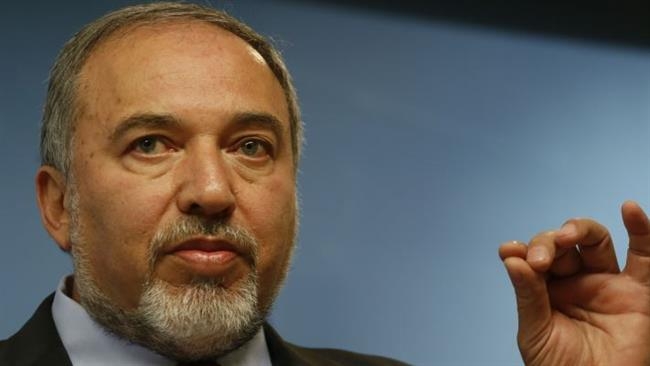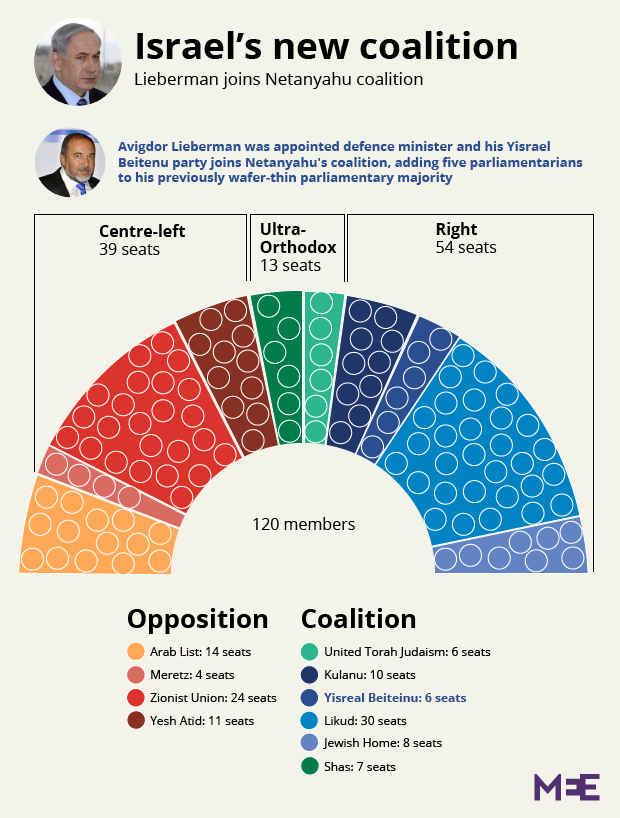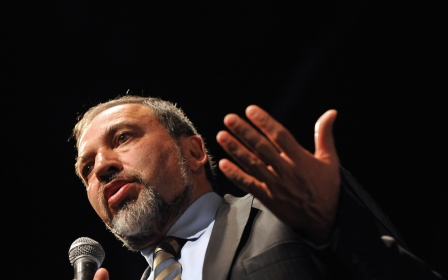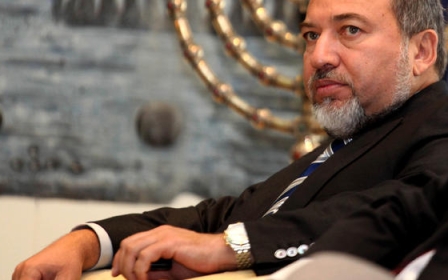Israeli cabinet approves ultra-nationalist Lieberman as defence minister

Israeli Prime Minister Benjamin Netanyahu's cabinet on Monday approved the entry of ultra-nationalist Avigdor Lieberman to the ruling coalition as defence minister, after defusing opposition from another coalition partner, the government said.
The religious nationalist party Jewish Home had planned to block the addition of Lieberman's Yisrael Beitenu party by voting against it in parliament, which risked sparking fresh elections.
Jewish Home had threatened to go ahead with their opposition unless demands for procedural reform were met.
However, on Monday morning the cabinet “unanimously approved the appointment of Avigdor Lieberman as minister of defence," a statement from Netanyahu's office said.
It added that Yisrael Beitenu's Sofa Landver was approved as minister of immigrant absorption.
The deal is expected to be approved by parliament later on Monday, with the new ministers including Lieberman to be sworn into office shortly afterwards.
The prime minister's office said that as part of the reshuffle, veteran Likud MP Tzachi Hanegbi, chairman of parliament's foreign affairs and defence committee, would become a minister without portfolio.
Netanyahu and Jewish Home party leader Naftali Bennett reached a compromise on Sunday night after mediation by a third party, a Likud statement said.
Jewish Home holds eight parliamentary seats, enough to block Netanyahu's proposed new line-up.
If approved by parliament, the deal would create what is seen as the most right-wing government in Israel's history.
Jewish Home had demanded the creation of a military liaison for the government's security cabinet, a smaller forum of cabinet members which decides on matters of national security.
Bennett says such a post is needed to avoid security cabinet members being kept in the dark on important developments, pointing to aspects of the 2014 conflict with Palestinian militants in Gaza, among other concerns.
Under the compromise brokered by Health Minister Yaakov Litzman, of the United Torah Judaism alliance of ultra-Orthodox parties, security cabinet members will receive frequent personal briefings from Israel's National Security Council as an interim measure, while a committee of experts looks at ways to improve procedure.
While some analysts say such a change is needed, Bennett's demand is also seen as political manoeuvring ahead of the next general election, due by 2019 at the latest.
Bennett is widely seen as aspiring to replace Netanyahu, whose Likud party is currently the largest in parliament.
Lieberman and his Yisrael Beitenu party will add five lawmakers to Netanyahu's previous razor-thin majority, giving it 66 of the 120 in parliament.
The move to hand the defence ministry to the 57-year-old hardliner has sparked deep concern among Israeli centrist and left-wing politicians, as well as among some of Netanyahu's Likud colleagues.
New MEE newsletter: Jerusalem Dispatch
Sign up to get the latest insights and analysis on Israel-Palestine, alongside Turkey Unpacked and other MEE newsletters
Middle East Eye delivers independent and unrivalled coverage and analysis of the Middle East, North Africa and beyond. To learn more about republishing this content and the associated fees, please fill out this form. More about MEE can be found here.





